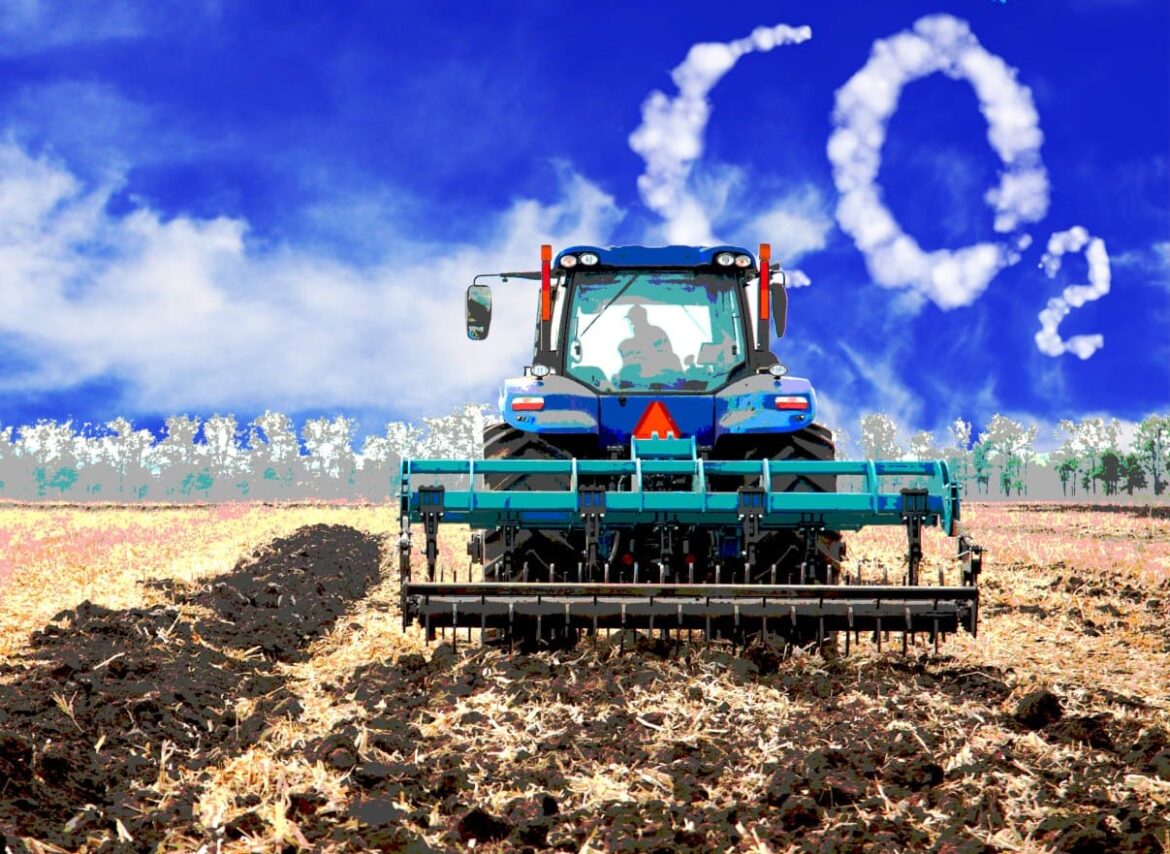889
Carbon farming is an agricultural concept. It aims to reduce the amount of CO2 in our atmosphere and keep it in the soil
Carbon Farming: Background on the concept
Climate change and the climate crisis have been on everyone’s lips at least since the movement around “Fridays for Future”. Those who don’t talk down climate change as a political invention are frantically searching for solutions to counteract the negative changes to our planet. Carbon farming is supposed to be one solution.
- The idea is to be able to sequester carbon dioxide in agricultural land.
- This should be possible by providing farmers with a significantly higher humus content in their soils. Because this humus consists of dead organic matter such as decomposed plants, it is particularly reactive with its environment and absorbs CO2 from the atmosphere more easily.
- The more the soil consists of organic matter, i.e. humus, the more it can bind carbon dioxide in the long term. Bacteria decompose dying plants, for example, creating carbon-containing humus. Soil animals then bring this carbon deeper into the soil.
- Farmers can influence the humus content of their soils through cultivation practices and management. To do this, they can apply organic fertilisers such as manure and slurry or cultivate special catch crops after harvesting cereals, for example. Perennial crops such as clover grass or lucerne are also a good option to promote humus formation.
- If farmers agree to carbon farming, they receive humus certificates, i.e. premiums, after specialised companies have measured and confirmed the CO2 sequestration of their agricultural soils. Farmers can then sell the certificates on to companies that want to offset high CO2 emissions.
Counterarguments: This is why carbon farming is questionable
In theory, carbon farming sounds like a good solution to counteract climate change. After all, increased CO2 levels have an impact on climate change. However, in practice, there are many arguments against it so far.
- For one thing, restructuring the soil means an enormous financial outlay for many farmers. They cannot cover most of the costs in advance on their own and hope for premiums later on.
- In addition, it is still completely unclear to what extent consumers really respond to the products that arise from this form of agriculture. This is an uncertain and poorly researched starting point for change.
- If a farmer now decides that the higher humus content is not profitable for him, he can also stop carbon farming at any time and thus undo all the CO2 sequestration. So a long-term solution does not really seem to have been found here.
- In addition, the resale of humus certificates is controversial for effective climate protection. This is because certain companies continue to emit a lot of CO2, but buy a clear conscience with the certificates. After all, they point out that they are allowed to emit so much because CO2 is bound elsewhere by farmers. A somewhat questionable milkmaid’s calculation.

